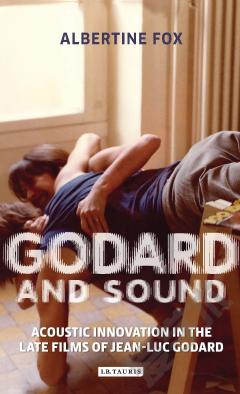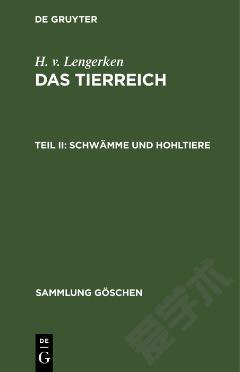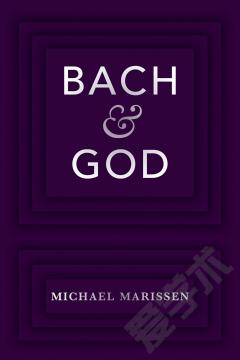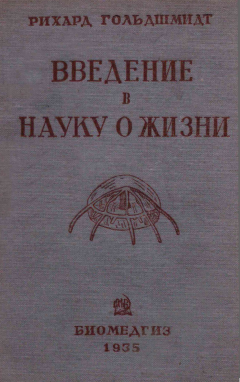Godard and Sound
What happens when we listen to a film? How can we describe the relationship of sound to vision in cinema, and in turn our relationship as spectators with the audio-visual? Jean-Luc Godard understood the importance of the soundtrack in cinema and relied heavily on the impact of carefully constructed sound to produce innovative effects. For the first time, thtogether his post-1979 multimedia works, and an analysis of their rich soundscapes.The book provides detailed critical discussions of feature-length films, shorts and videos, delving into Godard's inventive experiments with the cinematic soundtrack and offering new insights into his latest 3D films. By detailing the production contexts and philosophy behind Godard's idiosyncratic sound design, it provides an accessible route to understanding his complex use of music, speech and environmental sound, alongside the distorting effects of speed alteration and auditory excess. The book is framed by the concept of 'acoustic spectatorship': a way of cultivating active listening in the viewer.It also draws on ideas by leading sound theorists, philosophers, musicians, and poets, giving particular emphasis to the pioneering thought of French sound engineer and theorist, Pierre Schaeffer.Softening the boundaries between film studies, sound studies and musicology, Godard and Sound re-evaluates Godardsonic perspective, and will prove essential reading for those wishing to rebalance the importance of sound for the study of cinema.
{{comment.content}}








 京公网安备 11010802027623号
京公网安备 11010802027623号